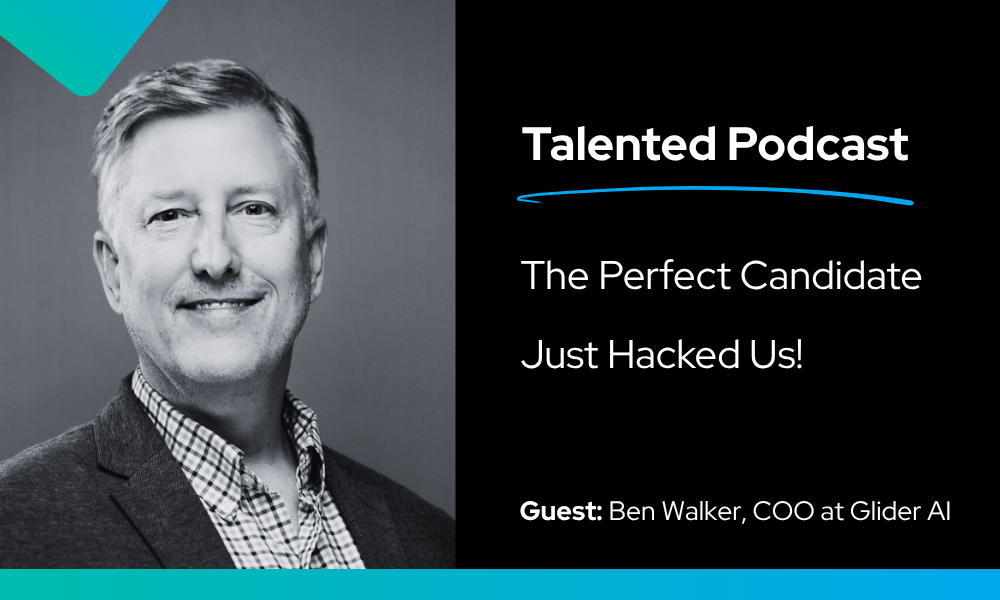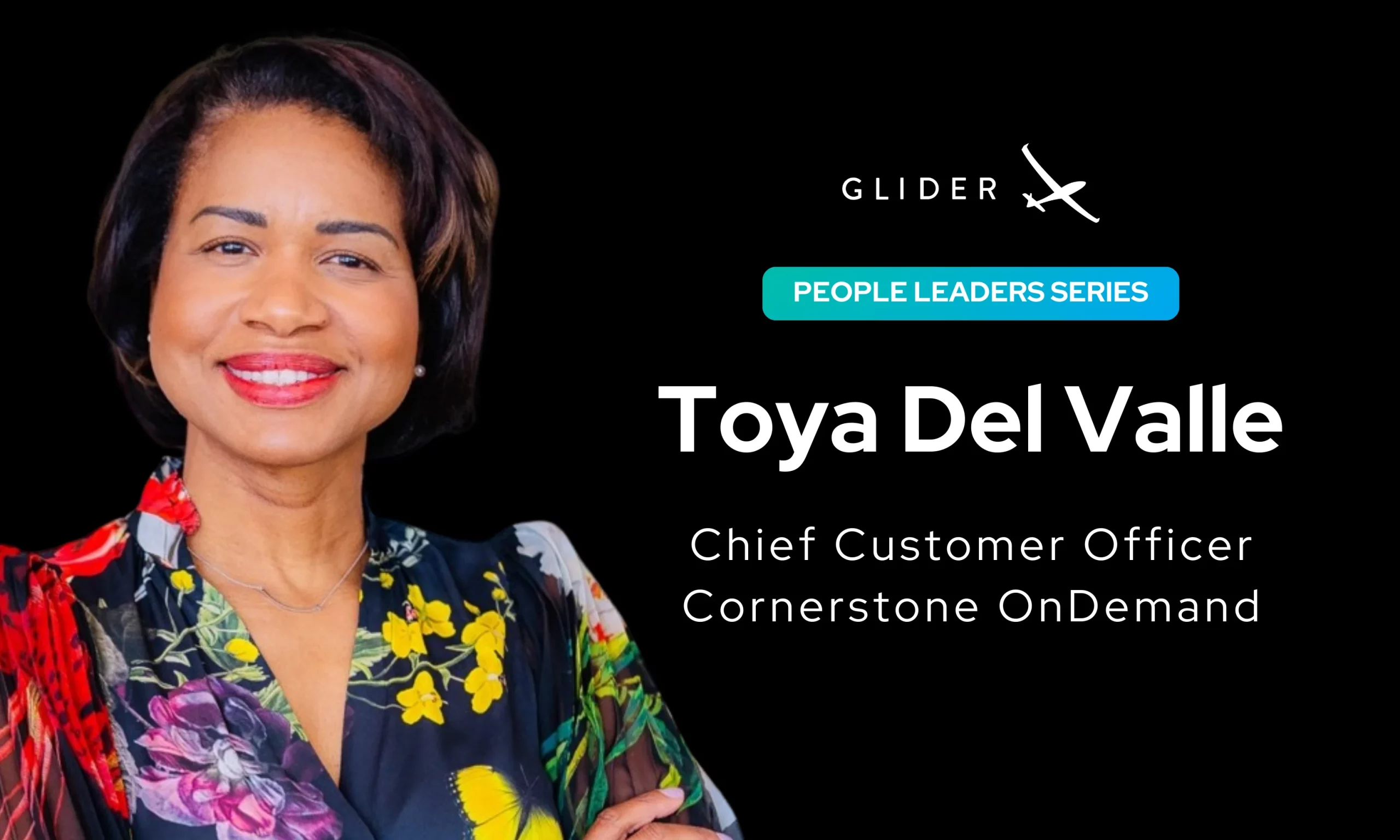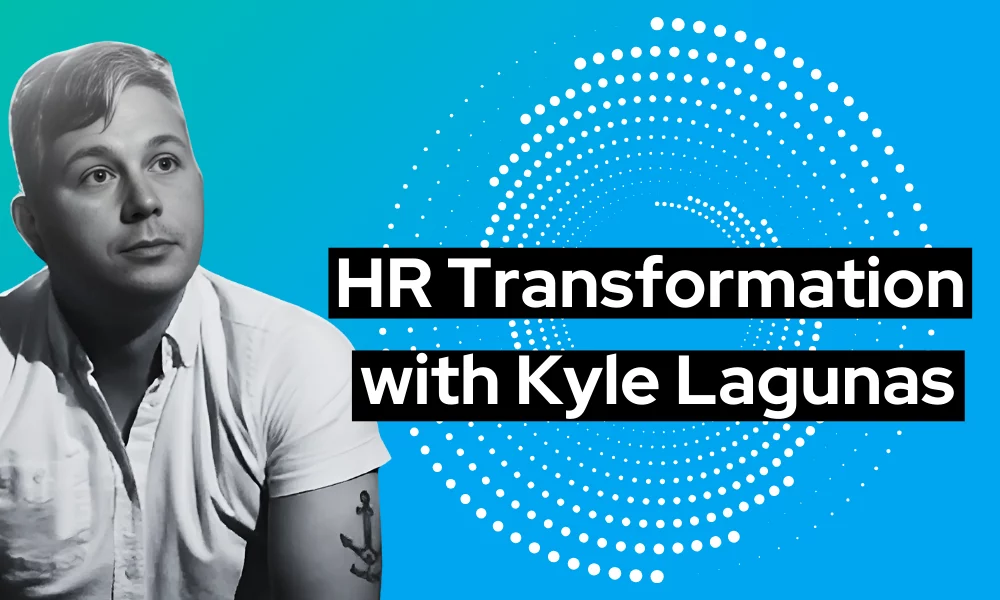
Make talent quality your leading analytic with skills-based hiring solution.

There is no cheat sheet for implementing skills-based hiring approaches nor is a definitive ‘skills taxonomy’ available anywhere. However, frameworks like E-A-G-E-R (Ethical, Adaptable, Gritty, Empathetic, and Remarkable) can help you in making the right hire.
Expect better hiring outcomes when you rethink and redesign your run-of-the-mill interview process. According to Wired, evaluating candidates on cognitive abilities, collaboration, and adaptation spotlight better job performances.
A greater emphasis on repurposed interviews on these lines is fastly becoming the ‘super favorite’ among recruiters says a 2022 research paper in the Journal of Applied Psychology.
Sample question to ask: Walk us through a recent work challenge. How did you solve it?
Explore: The A-Z of Structured Hiring
Make it more personal. Look beyond the role-specific abilities and technical skills when hiring for a position. Take a look at their interpersonal and soft skills.
For example, a candidate’s willingness to adapt to new technologies in the tech landscape or effectively explain a tech project to a non-tech stakeholder.
Interview solutions from Glider AI help managers to help assess soft skills along with role-specific skills while hiring.
Sample question to ask: How do you approach a difficult customer? What are your go-to strategies to resolve them?
Proactively identify the skills and talent gap in your employees.
As per WE Forum’s Future of the Jobs report, more than 50% of the employees need reskilling by 2025.
Also, 94% of employees are likely to stay with their current organization, if their skill gaps are rightly addressed, according to LinkedIn 2022 Workplace Learning Report.
Sample question to ask: Can you describe a project where you had to learn a new skill or technology? How has it benefitted you and the team?
“Don’t miss out on the ‘Getting Started with Skills-based Hiring’ Q&A! Join us for expert insights on how to shift your hiring process to focus on skills and abilities.”
Skills-based hiring plays a critical role in integrating your talent acquisition process with your DEI hiring values. When you look for candidates regardless of their background, race, or any bias, you are one step closer to embedding a diverse and inclusive workforce.
Statistically, there’s a positive correlation between the DEI workforce and financial performance. As per McKinsey, diverse teams are 15% more likely to achieve above-average profitability than others.
“Embracing DE&I into the workplace means more creativity and a more engaged workforce, which in turn translates to an improved bottom line.” – Satish Kumar, CEO, of Glider AI
Sample question: How has working in a culturally diverse team benefitted you? What steps do you take to promote DEI at the workplace?
Explore: 10 Reasons why DEI makes your Talent Quality Better
Prioritizing competencies can bring the candidate closer to role specifications. 63% of organizations are more likely to achieve results through skills-based approaches, according to a Deloitte survey.
“Think of each role as a collection of skills, rather than a job title.” – Anish Singh, Head of HR, Unilever for Australia and New Zealand
So, as a hiring manager, you are the wind beneath the wings, in creating an adaptable and diverse workforce!
Sample question to ask: What skills helped you in completing a dreading project or a task? What were your learning outcomes?
Explore: How does Hiring Automation accelerate Skills-based Hiring
Give your exit interviews a makeover. Turn the underdog into a competitive advantage by integrating feedback in the skills-based hiring process. Transform their concerns into actionable results.
Think of it as an opportunity to know about your organization’s culture, competitors’ strategies, and employee’s perception of their work. Also, rethink the toxicities that are pulling down your organization. That’s why exit interviews must be conversational rather than just a formality.
“If people are leaving are leaving for reasons you can’t fix, learn from it instead of just saying it’s painful.” – Robert Greene, CEO, Reward Systems, Inc
Sample question to ask: Do you have any suggestions for improvements? How is your new employer helping you in skill enrichment?
Traditional hiring doesn’t just restrict your talent pool. It could even get worse! You could hire the wrong person!
Prominent research studies tell that skills-based hiring is the future of the workforce. They caution that employers should not limit their candidate evaluation process to just degrees, work experience, and such subjective prejudices if they want to attract a larger talent pool.
In fact, Millennials and Gen Z prefer skills-based hiring processes rather than conventional job descriptions, since they can demonstrate their skills and competencies at work.
Build a team, not just a resume – Don’t just hire, hire for fit!

“The Perfect Candidate Just Hacked Us”: Inside the Global Playbook of Hiring Fraud That 100% test score might be your biggest red flag. Enterprise breaches don’t always start with phishing emails; sometimes, they start with a fake job interview. In this episode of Talented, Joseph Cole sits down with COO Ben Walker to unpack one […]

Can HR Stop Playing Buzzword Bingo with Skills and AI? If you’re an HR or TA practitioner or work in HR Tech in any capacity, AI and Skills-Based Hiring is what everyone is talking about. The problem? All the talk is diluting the importance of two very interrelated topics. Glider AI sponsored the Transformation Realness […]

Q&A with HR/TA Analyst Kyle Lagunas The traditional playbook that was HR is being rewritten. AI is reshaping work, skills-based strategies are transforming hiring, and HR teams are under pressure to deliver more with less. HR isn’t just about managing people anymore—it’s about engineering the future of work. In this Q&A session, Kyle Lagunas and Joseph […]